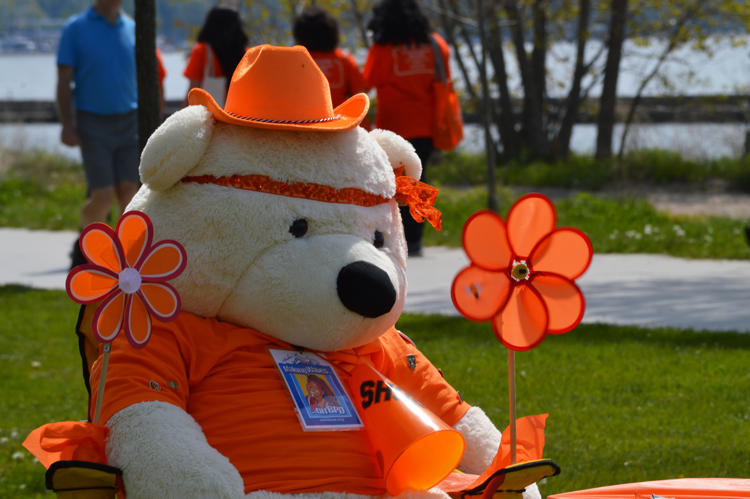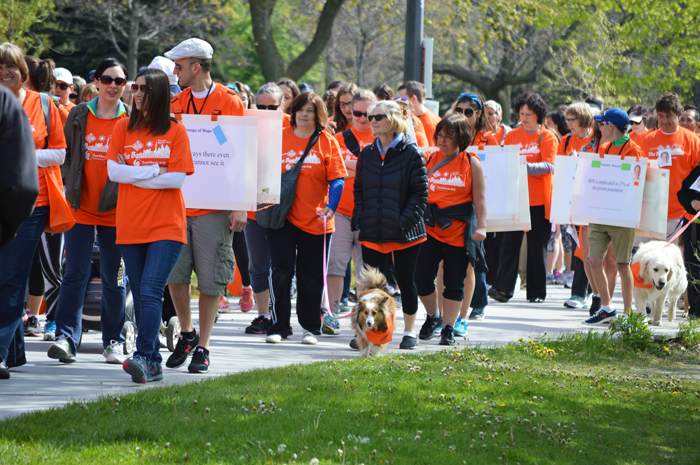

Lynn Courey and Mike Menu created The Sashbear Foundation to honour the legacy of their daughter Sasha, who died by suicide in 2011 following a struggle with Borderline Personality Disorder (BPD). BPD is an often-misunderstood condition that causes people to experience intense, unpredictable emotions, lack of impulse control and a tendency to self-harm. Committed to helping others living with BPD, Lynn and Mike connected with Dr. Molyn Leszcz, Psychiatrist-in-Chief at Sinai Health System, about supporting an initiative to train frontline care workers to better serve patients with emotional disorders.
While in the U.S., Sasha had benefitted from Dialectical Behavior Therapy (DBT), a treatment proven to help patients suffering from BPD develop better coping skills to self-manage their emotions and impulses. Unfortunately, Lynn and Mike had been unable to find DBT services to continue her treatment in Toronto. They wanted to improve access to this life-saving psychotherapeutic treatment.
“It’s hard for people with BPD to seek help, and when they do, they often don’t find people with the skills to connect with them and give them hope. We felt from Sasha’s experience that DBT is vital and we needed to disseminate more of these skills and compassion to frontline care workers,” said Lynn.

The Sashbear Foundation’s annual Borderline Walk along Toronto’s Sunnyside Boardwalk helps fund DBT training and other initiatives. For more information, please visit sashbear.org.
With The Sashbear Foundation’s support, Dr. Leszcz and Dr. Paula Ravitz, Morgan Firestone Psychotherapy Chair at Mount Sinai Hospital and Senior Clinician-Scientist at Lunenfeld-Tanenbaum Research Institute, along with other mental health providers in Toronto, developed an intensive two-day training workshop, led by DBT experts Drs. Michelle Leybman and Shelley McMain from the Centre for Addiction and Mental Health. Eighty health-care providers from hospital and community health service settings were trained, and 30 were later selected for ongoing, small-group capacity-building. A third phase of training supported 10 providers as they took their DBT skills back into the community to train their peers and support clients.
“We believe this is a model we can build on to scale up access to DBT,” said Dr. Ravitz. “Without the Menu Coureys’ donation, none of this would have come to be. Their donation is having a huge impact — a multiplier effect.”